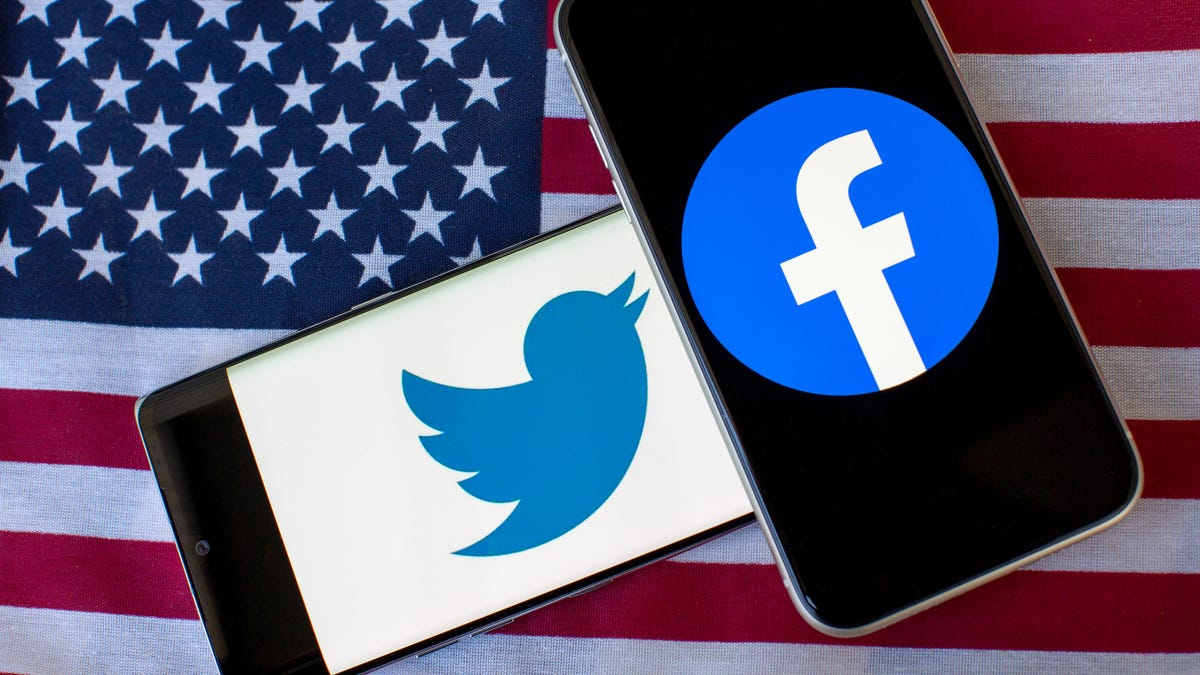Appeals Court Upholds Injunction Against Florida Social Media Law
The court says the First Amendment protects social media companies' rights.

Facebook, Twitter and other social media platforms have First Amendment rights, a court held.
An appeals court has ruled that social media platforms are "indisputably 'private actors' with First Amendment rights." The decision came in response to a Florida law that argued social media companies aren't entitled to First Amendment rights when removing content and users from their platforms.
"With minor exceptions, the government can't tell a private person or entity what to say or how to say it," said the decision, handed down Monday. "[Social media companies'] so-called 'content-moderation' decisions constitute protected exercises of editorial judgment."
The law's provision for social media companies to provide a rationale for every content moderation decision also "violates the First Amendment," the US Court of Appeals for the Eleventh Circuit -- which oversees appeals from district courts in Alabama, Florida and Georgia -- held.
The case was brought by trade organizations the Computer & Communications Industry Association and NetChoice, which filed for an injunction preventing the law from going into effect.
Read more: Fake QAnon Conspiracies Have a Grip on Politics: What to Watch Out For
"This ruling means platforms cannot be forced by the government to disseminate vile, abusive and extremist content under penalty of law," CCIA President Matt Schruers said in a statement. "When a digital service takes action against problematic content on its own site -- whether extremism, Russian propaganda or racism and abuse -- it is exercising its own right to free expression."
Florida Attorney General Ashley Moody commented only on the parts of the law that were allowed by the court's decision, including providing user access to data, user view counts, content standards and rule changes.
"We are pleased the court recognized the state's authority to rein in social media companies and upheld major portions of Florida's law," Moody tweeted. "We will continue to vigorously defend Florida's authority to demand accountability from Big Tech."
It follows a different decision made earlier this month on a similar law in Texas that was allowed to go into effect. That law is billed by Texas Gov. Greg Abbott's office as protecting Texans "from wrongful censorship on social media platforms."
NetChoice is appealing that decision.

